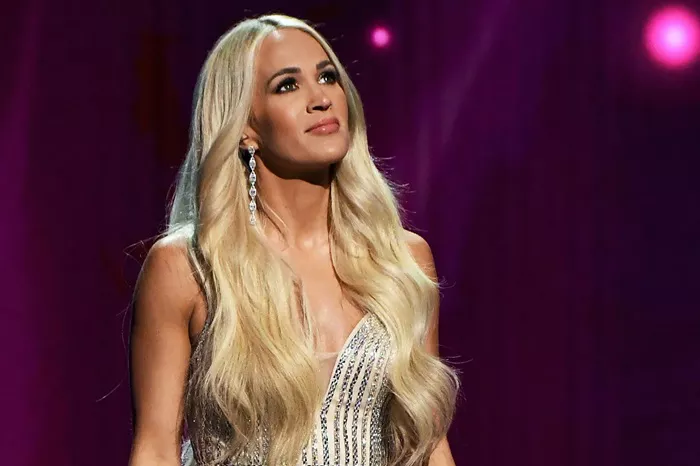In the vibrant tapestry of contemporary music, modern country stands as a genre that has evolved dynamically over the decades. From its roots in traditional country sounds to its fusion with pop, rock, and other genres, modern country music has produced some of the most iconic hits and influential artists of our time. This article delves into the journey of modern country music, highlighting its greatest hits, chart-topping artists, and the evolution of its sound.
The Rise of Modern Country Music
Modern country music emerged in the late 20th century, marked by a shift towards a more polished sound that appealed to a wider audience. The 1990s witnessed a surge in country music’s popularity, with artists like Garth Brooks, Shania Twain, and Alan Jackson dominating the charts. Their blend of traditional country themes with contemporary production techniques set the stage for the genre’s evolution.
The rise of modern country music can be attributed to several factors, including advancements in recording technology that allowed for cleaner and more polished sounds. Additionally, the crossover success of artists like Garth Brooks and Shania Twain introduced country music to a broader audience, paving the way for its mainstream acceptance.
Exploring the Greatest Hits
1. Garth Brooks – “Friends in Low Places” (1990)
Garth Brooks’ anthem of camaraderie and resilience became an instant classic, with its catchy chorus and relatable lyrics making it a staple in modern country playlists. The song’s success not only solidified Brooks’ status as a country music superstar but also showcased the genre’s ability to resonate with listeners from all walks of life.
2. Shania Twain – “Man! I Feel Like a Woman!” (1997)
Shania Twain’s bold and empowering anthem became an anthem for women everywhere, blending country twang with pop sensibilities in a way that resonated with a broad audience. The song’s infectious energy and empowering message marked a significant moment in modern country music, showcasing its ability to tackle diverse themes and emotions.
3. Alan Jackson – “Chattahoochee” (1992)
Alan Jackson’s nostalgic ode to summer fun by the river captured the essence of carefree youth, earning its place as one of the greatest feel-good country hits of all time. The song’s timeless appeal lies in its ability to evoke memories of simpler times, resonating with listeners of all ages and backgrounds.
4. Dixie Chicks – “Wide Open Spaces” (1998)
The Dixie Chicks’ breakout hit spoke to the dreams and aspirations of young women, with its infectious melody and heartfelt lyrics striking a chord with listeners. The song’s themes of independence and self-discovery resonated with a generation, cementing its place as a modern country classic.
Chart-Topping Artists
1. Taylor Swift
From her country roots to her pop crossover success, Taylor Swift’s journey embodies the evolution of modern country music. Hits like “Love Story” and “You Belong with Me” catapulted her to superstardom, showcasing her songwriting prowess and relatable storytelling. Swift’s ability to reinvent herself while staying true to her country roots has made her a trailblazer in the genre.
2. Keith Urban
With his guitar virtuosity and heartfelt ballads, Keith Urban has become a mainstay in modern country music. Songs like “Blue Ain’t Your Color” and “Somebody Like You” showcase his versatility and emotional depth as an artist. Urban’s ability to blend traditional country elements with contemporary production techniques has earned him a dedicated fan base and critical acclaim.
3. Carrie Underwood
Carrie Underwood’s powerhouse vocals and compelling storytelling have earned her numerous accolades in the country music scene. Hits like “Before He Cheats” and “Jesus, Take the Wheel” have solidified her status as a country music icon. Underwood’s ability to convey raw emotion and connect with listeners on a personal level has made her a force to be reckoned with in modern country music.
Evolution of Sound
Modern country music has evolved sonically, incorporating elements from rock, pop, and even hip-hop to create a diverse and dynamic sound. Artists like Florida Georgia Line and Sam Hunt have pushed the boundaries of the genre, blending country storytelling with modern production techniques and urban influences. This fusion of styles has attracted a new generation of listeners while keeping traditional country fans engaged, highlighting the genre’s ability to evolve without losing its essence.
The evolution of sound in modern country music reflects broader trends in the music industry, where genre boundaries are increasingly fluid, and artists are encouraged to experiment and innovate. This openness to new influences has led to a rich tapestry of sounds within the modern country landscape, appealing to a wide range of musical tastes and preferences.
Conclusion
The journey of modern country music is a testament to its enduring appeal and ability to adapt to changing musical landscapes. From classic hits that defined an era to chart-topping artists who continue to innovate, modern country music remains a vibrant and influential force in the music industry. As artists continue to push the boundaries and explore new sonic territories, the future of modern country music looks bright, promising exciting developments and memorable hits for years to come.

